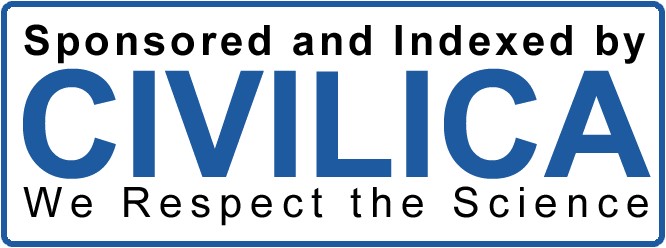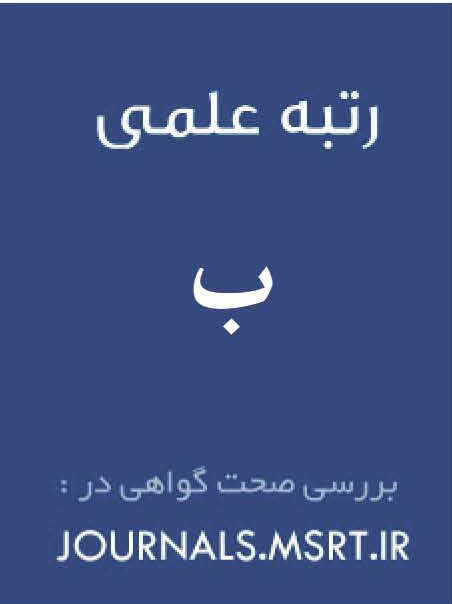Comparison the Effectiveness of Brain-Based Learning and Self-Regulation Strategies on the Executive Functions of Students with Specific Learning Disorder
Keywords:
Brain-Based Learning, Self-Regulation Strategies, Executive Functions, Students, Specific Learning DisorderAbstract
Introduction and Aim: Students with specific learning disorder have deficits in executive functions, and it seems that brain-based learning and self-regulation strategies play an effective role in improving their executive functions. Therefore, the aim of the present research was to comparison the effectiveness of brain-based learning and self-regulation strategies on the executive functions of students with specific learning disorder.
Methodology: This research was a quasi-experimental with a pre-test, post-test, and two-month follow-up design with a control group. The research population was male students with specific learning disorder referred to comprehensive assessment, training, and early developmental-educational intervention centers in Bojnourd city in the 2021-2022 academic years. The sample of the present research consisted of 45 people who were selected using a available sampling method and randomly assigned into three equal groups, including two experimental groups and a control group. The first experimental group was trained with the brain-centered learning method for 8 sessions of 45 minutes and the second experimental group was trained with the self-regulation strategies method for 8 sessions of 45 minutes, and during this period the control group did not receive any training. Data were collected using the Colorado Learning Difficulties Questionnaire (Willcutt et al., 2011) and Intelligence Scale for Children (Wechsler, 2003) and analyzed using repeated measures analysis of variance and Bonferroni post hoc test in SPSS version 21.
Findings: The results of the present research showed that both methods of brain-based learning and self-regulation strategies in compared to the control group increased executive functions and all its components, including general and personal information, orientation, mental control, auditory memory, numerical memory, visual memory, and word recall, and the results were maintained at the follow-up stage (P<0.01). Also, the effectiveness of brain-based learning in compared to self-regulation strategies on executive functions and all its components, including general and personal information, orientation, mental control, auditory memory, numerical memory, visual memory, and word recall was greater in students with specific learning disorder (P<0.01).
Conclusion: According to the results of this study, counselors and therapists can use the brain-centered learning method along with other effective educational methods to improve the executive functions of students with specific learning disorder.
Downloads
Downloads
Published
Submitted
Revised
Accepted
Issue
Section
License
Copyright (c) 1404 زهره ایمانی, محمود جاجرمی, حسین ماهور (نویسنده)

This work is licensed under a Creative Commons Attribution-NonCommercial 4.0 International License.






